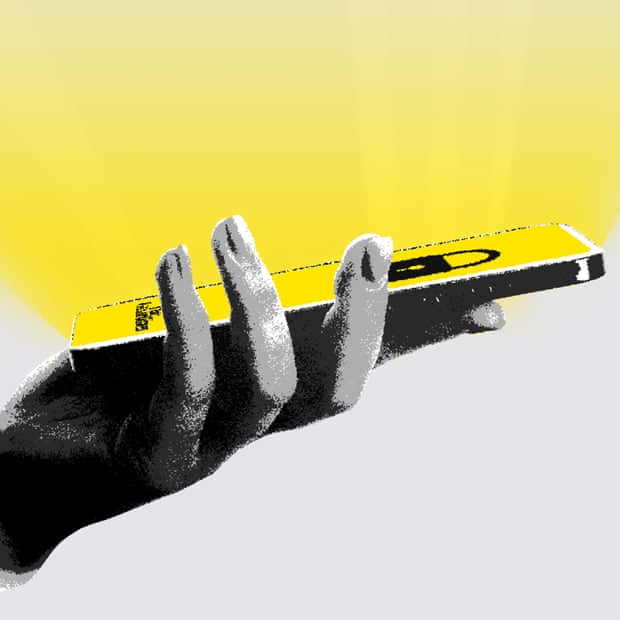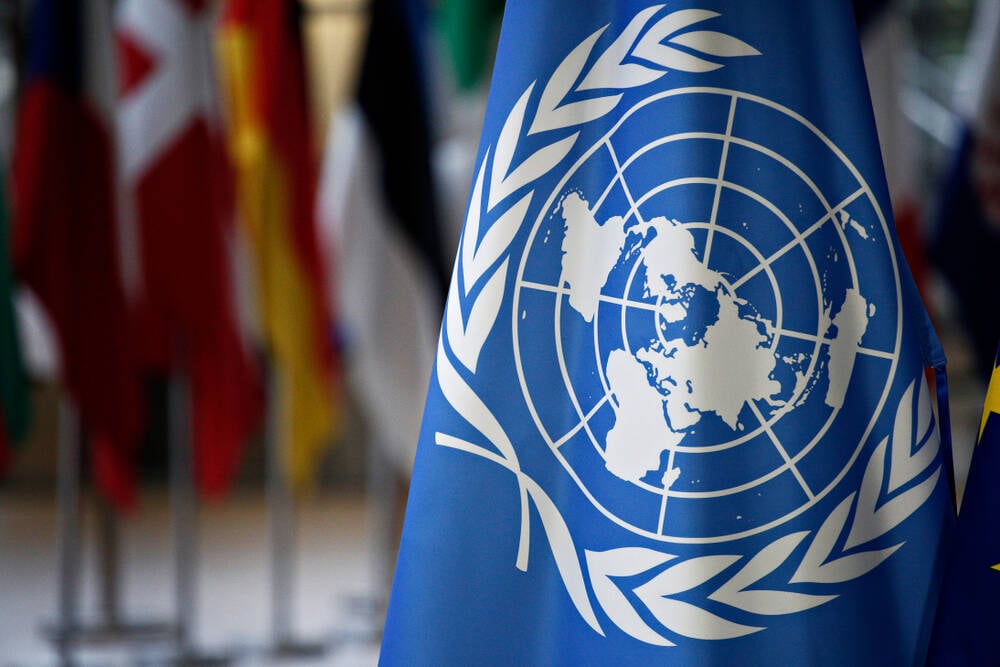The Albanese government has explicitly ruled out handing tech companies free rein to mine creative content to train their artificial intelligence models, after a fierce backlash from authors and from arts and media groups.
The attorney general, Michelle Rowland, will confirm the decision on Monday, shutting the door on a contentious proposal floated by the Productivity Commission and backed by tech companies.
“Australian creatives are not only world class, but they are also the lifeblood of Australian culture, and we must ensure the right legal protections are in place,” Rowland said.
The commission sparked outrage in August after its interim report on “harnessing data and the digital economy” suggested granting an exemption to copyright laws that would effectively allow technology companies free access to content to train their AI models.
Weeks earlier, Scott Farquhar, the co-founder of software giant Atlassian and the chair of the Tech Council of Australia, told the National Press Club that “fixing” the existing restrictions could “unlock billions of dollars of foreign investment into Australia”.
The proposal prompted serious pushback from creatives, including the First Nations rapper Adam Briggs, who told a parliamentary inquiry in September that it would be “hard to get the genie back in the bottle” if companies were allowed access to locally made content without fair compensation.
The Australian author Anna Funder wrote that large-scale AI systems were being founded on “the wholesale, unauthorised appropriation of every available book, work of art and piece of performance that can be rendered digital”.
At the same inquiry, the Productivity Commission revealed it had not consulted creatives or modelled the impact of the recommendation before publishing its report, leading the Greens senator, Sarah Hanson-Young, to declare the government agency had “misread the value of the creative industry”.
Sign up: AU Breaking News email
The Australian Council of Trade Unions also sounded the alarm on the proposal, warning that it would open the door to the “rampant theft” of creative work.
Senior ministers had played down the prospects of granting a so-called “text and mining” exemption but Rowland’s statement marks the first time it has been explicitly ruled out.
“Artificial intelligence presents significant opportunities for Australia and our economy; however, it’s important that Australian creatives benefit from these opportunities too,” she said.
The attorney general will convene the government’s copyright and AI reference group on Monday and Tuesday to canvass other options for responding to the challenges posed by the evolving technology.
That includes whether a new paid licensing framework under the Copyright Act should replace the existing voluntary regime.
The Australian Recording Industry Association, which was among the creatives campaigning against the exemption, welcomed the announcement as a “critical step in the right direction”.
“It is a win for creativity and Australian culture, including First Nations culture, but it’s also a win for common sense,” said its chief executive, Annabelle Herd. “Current copyright licensing structures work.
“They are the foundation of the creative economy, the digital economy, and the technology industry. IP laws are what tech companies rely on to protect and monetise their products, and they drive innovation.”
after newsletter promotion
Herd said there were still further steps to protect artists, including ensuring that licensing rules are applied to AI.
“Artists deserve the right to decide how their work is used and to share in the value it creates,” she said.
“Protecting that agency is how we safeguard Australia’s creative sovereignty and keep our culture strong.”
Media companies also welcomed the decision.
A spokesperson for Guardian Australia said it was a “positive step towards recognising that Australian copyrighted content deserves protection and payment”.
“Australia’s media, publishers and creatives all voiced opposition to TDM (text and data mining) exceptions noting that it would be a green light for large-scale theft of the work of Australian journalists and creatives and be contrary to Australia’s national interests,” the spokesperson said.
They added that the Guardian wants to see the development of a fair licensing regime with genuine value exchange.
Michael Miller, the News Corp Australasia executive chair, said the government had made the “correct decision” to rule out an exemption.
“By upholding the creator’s right to control access, terms of use and payment, it reinforces that our copyright law works to ensure effective market outcomes,” he said.
Contact us about this story
Show
The best public interest journalism relies on first-hand accounts from people in the know.
If you have something to share on this subject, you can contact us confidentially using the following methods.
Secure Messaging in the Guardian app
The Guardian app has a tool to send tips about stories. Messages are end to end encrypted and concealed within the routine activity that every Guardian mobile app performs. This prevents an observer from knowing that you are communicating with us at all, let alone what is being said.
If you don't already have the Guardian app, download it (iOS/Android) and go to the menu. Select ‘Secure Messaging’.
SecureDrop, instant messengers, email, telephone and post
If you can safely use the Tor network without being observed or monitored, you can send messages and documents to the Guardian via our SecureDrop platform.
Finally, our guide at theguardian.com/tips lists several ways to contact us securely, and discusses the pros and cons of each.
Illustration: Guardian Design / Rich Cousins
.png)



